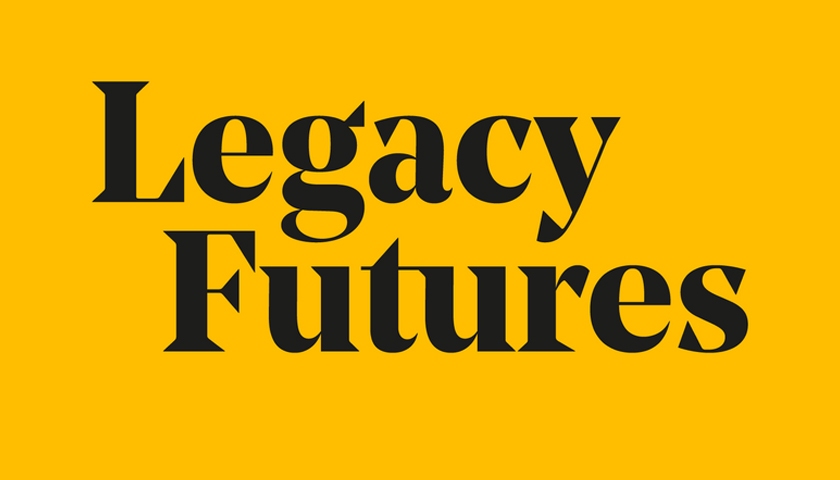New research from Legacy Futures and Smee & Ford has found that faith and cultural identity significantly influence how and why people give to charity in memory of a loved one. The findings provide vital insight for fundraisers seeking to engage a broader and more representative range of supporters and to help build a case for investment into this vital income stream.
The study, part of the long-running In-Memory Insight programme, draws on multiple research stages including desk research, a consumer survey, and focus groups with charity supporters. This year’s theme explores in-memory giving through the lens of faith and culture, revealing important patterns in behaviour, motivation and donor experience.
Among the key findings:
-
Over one third of UK adults have made an in-memory donation in the past year
-
People with a religious affiliation are more likely to give in memory than those without
-
Charitable giving is closely tied to religious traditions and shared values, particularly around times of death
-
Faith and culture shape both the channels and causes people choose, with Christian supporters more likely to give at funerals and Muslim, Hindu, Sikh and Jewish supporters more likely to engage in in-memory giving around anniversaries, remembrance events or other in-memory donation routes
-
Faith and religious traditions can be important even if the supporter doesn’t describe themselves as ‘religious’, as the faith of the loved one being remembered often directs the type of giving or people fall back on traditions they grew up with even if they’ve drifted away from their faith in their everyday life
-
Regular in-memory giving is widespread but often under-recognised, especially by Muslim supporters who give ongoing donations as a way of giving Sadaqah Jariyah
-
Generally, donors feel their donations are appreciated but there is much opportunity to improve the experience
-
Inclusivity matters – donors want to see themselves represented, but authentic, sensitive communication is essential
Anna Turner, Head of Research and Insight at Legacy Futures, said:
“In-memory giving is deeply personal, often tied to the identity and values of the person being remembered. Our research shows that faith and culture can play a powerful role in shaping how people remember loved ones through giving. This creates a clear opportunity – and responsibility – for charities to ensure their in-memory offerings are welcoming and inclusive to all.
“Whether it is auditing communications to ensure there are no barriers to entry, aligning with wider EDI objectives, or using storytelling to demonstrate representation in an authentic way, there is much that charities can do to make sure no supporter feels excluded at such an important time.”
Read the public briefing here: In-Memory Giving in Multi-Cultural Britain
About In-Memory Insight and our Next Cycle of Learning
The In-Memory Insight programme has been running for 15 years, supported by a learning circle of over 100 UK charities who collaborate to build the evidence base around in-memory giving. The consortium model allows for shared learning, pooled budgets and a robust dataset that would not be possible through single-organisation studies. The full research findings are available to learning circle members.
In-Memory Insight 2025/6 will deep dive into the world of Tribute Funds – a mainstay of many charities in-memory offerings. This practical programme will tackle the key issues and highlight key opportunities surrounding Tribute Funds. It will explore what it takes to make them successful, the dynamics around internal engagement and the different stakeholder relationships that impact on their success.

